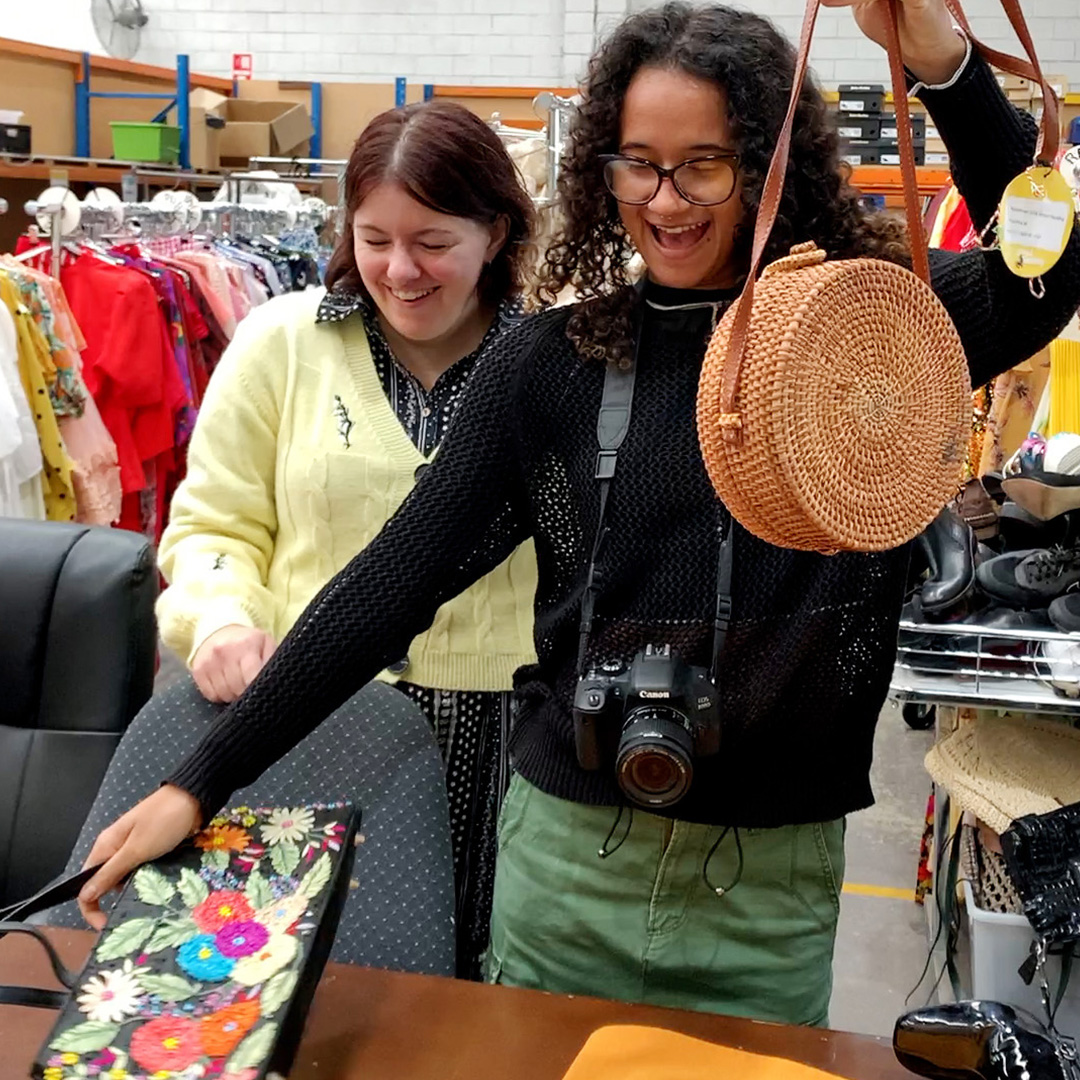Best Tips for Finding Work When You Have a Disability
Whether you have a physical disability, a mental health condition, or a learning difference, the task of finding employment can be daunting. However, plenty of resources and support are available to help those with disabilities land their dream job. This article discusses the best tips for finding work when you have a disability. Read on to learn more!

Understanding Your Strengths and Interests
One way to find work when you have a disability is to focus on your strengths and interests. Knowing what makes you useful and motivated in the workplace will help you identify job opportunities that align with your goals and abilities. Take some time to assess your natural skills, such as communication, problem-solving, and analytical thinking, as well as your passions and hobbies. This will give you an idea of what types of jobs might be the best fit for you.
Identifying Accommodations and Support
When looking for work with a disability, it’s important to think about reasonable accommodations that you may require in order to perform the job satisfactorily. For example, this might include having a chair that provides better back support or a computer monitor with adjustable features. Employers are obliged to provide reasonable accommodations to employees with disabilities, so make sure to discuss any needs you may have during the interview process.
You should also research any public assistance programs or other organizations that offer employment support services. These can include career development, job training, and mentorship programs. Having the support of Good Sammy organizations can be beneficial for increasing your chances of being hired.
Building a Strong Professional Network
No matter who you are, networking is an essential part of job hunting. It’s especially important for those with disabilities, as it offers an opportunity to learn about employment opportunities and connect with potential employers. To build a strong professional network, reach out to friends, family, and mentors in the industry and inquire about possible job openings. Additionally, attending events such as conferences, workshops, and seminars can be helpful for expanding your network.
Enhancing Your Skills and Education
If you want to increase your chances of finding work with a disability, it’s important to enhance your skills and education. Investing in additional certifications or courses can help equip you with the knowledge and qualifications needed to stand out from other applicants. Consider taking self-advocacy classes to further develop your communication and negotiation skills. Additionally, look into any scholarship programs or grants that could help cover costs.
Advocating for Workplace Inclusion
Often, people with disabilities face discrimination within the workplace. Therefore, it is important to advocate for workplace inclusion and create a culture of acceptance and understanding. Reach out to disability rights advocates and inquire about resources to help lower the barrier to hiring people with disabilities. Additionally, research current laws and regulations that promote equal access and opportunity in the workplace.
Seeking Mentors and Role Models
Having a mentor or role model can provide valuable advice and support when searching for a job with a disability. If you know someone who has experienced the same struggles as you, don’t be afraid to ask for guidance. They can provide first-hand accounts of what it’s like to work with a disability and give you tips on how to break into the industry.

Developing a Positive Mindset
The job hunt can be a stressful process, so it’s important to maintain a positive mindset when looking for work with a disability. Be sure to take breaks and practice self-care activities such as meditation, exercise, and positive affirmations. These can help boost your confidence and calm your nerves before an interview. Additionally, set realistic expectations for yourself and stay focused on your goals.
Utilizing Job Placement Services
Job placement services offer assistance and resources to individuals with disabilities seeking employment. These services can provide job counseling, job search assistance, and job accommodations. Some even offer free job training and placement services to help get you started.
Conclusion
Finding work when you have a disability may present additional challenges, but it can be accomplished with the right resources and support. By focusing on your strengths and interests, identifying accommodations and support, building a strong professional network, and enhancing your skills and education, you’ll be well on your way to landing a job that suits you.
